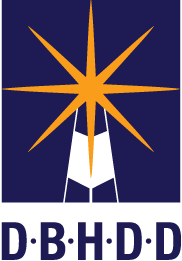
GEORGIA DEPARTMENT of
BEHAVIORAL HEALTH and DEVELOPMENTAL DISABILITIES
For Free and Confidential Support, 24/7
Opioid
Misuse in Georgia:
Find
Help, Hope and Healing
Get the Help You Need
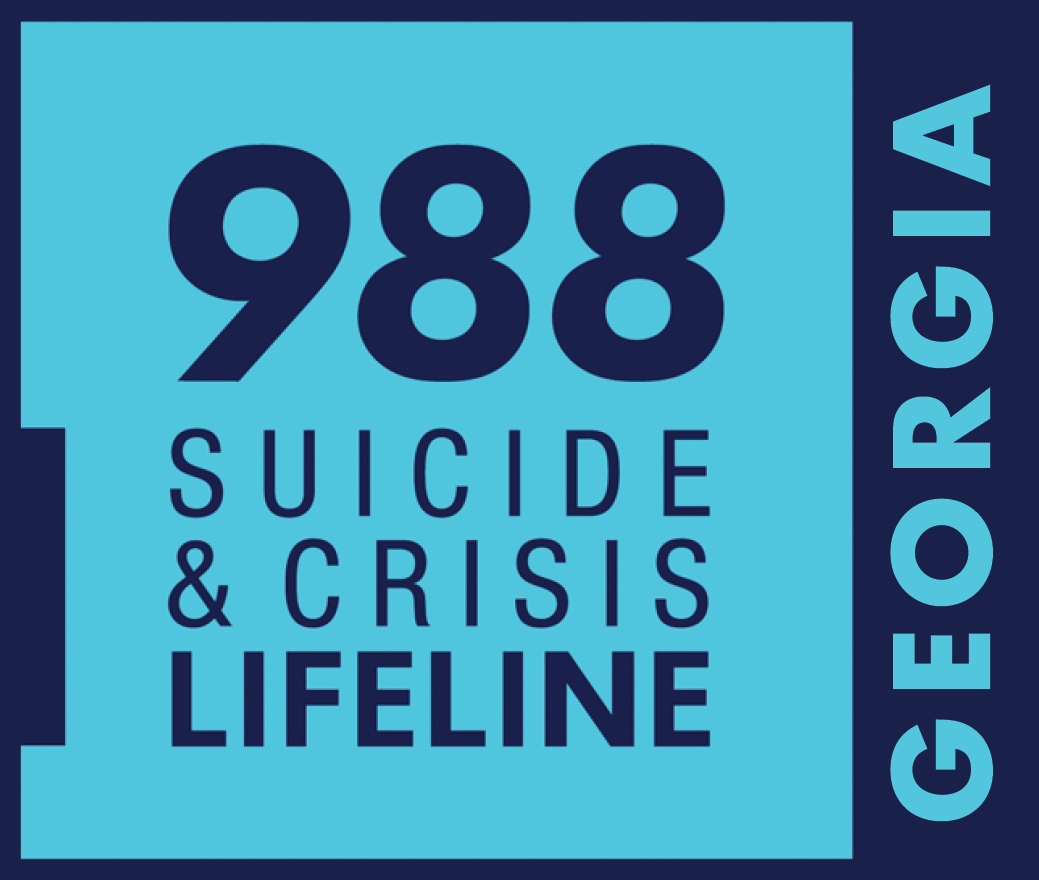
Wherever you’re at on your recovery journey, 988’s trained clinicians can connect you with the services you need.
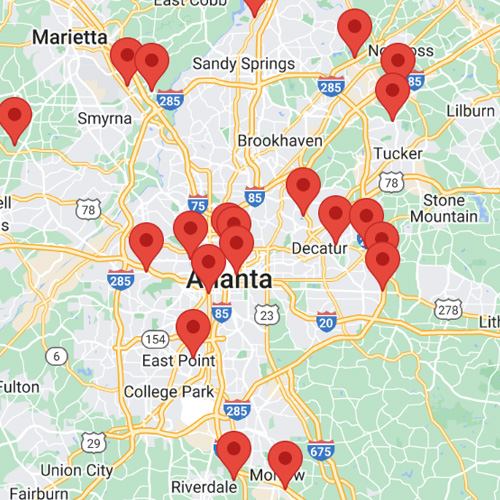
For online access and information about Opioid Use Disorder Treatment and Addiction Recovery Support Centers:
DBHDD has developed an interactive map that provides information on the services below:
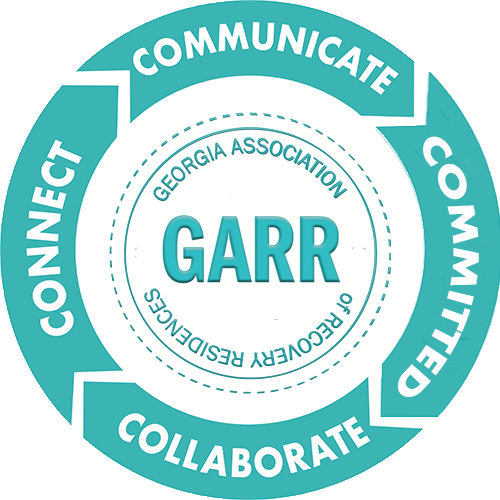
Georgia Network of Recovery Residences:
Recovery residences provide peer-supported, drug-free living environments for people who are transitioning back into mainstream life following a drug treatment program.
Find a list of GARR certified sober living facilities here https://www.thegarrnetwork.org/new-blog .
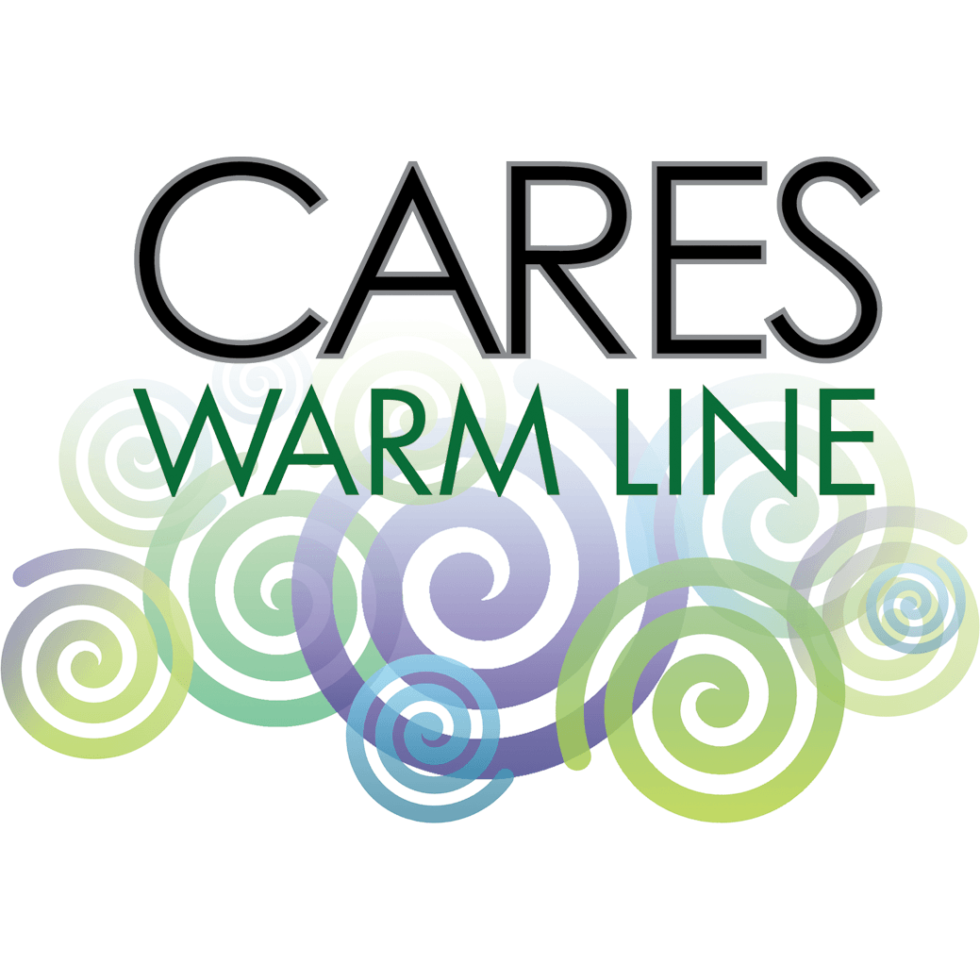
CARES warm line:
Call or text: 1-844-326-5400 365 days a year from 8:30 AM - 11:00 PM
The warm line is answered by people with lived experience of substance use recovery. Call CARES:
Learn more at WWW.GC4RECOVERY.ORG.
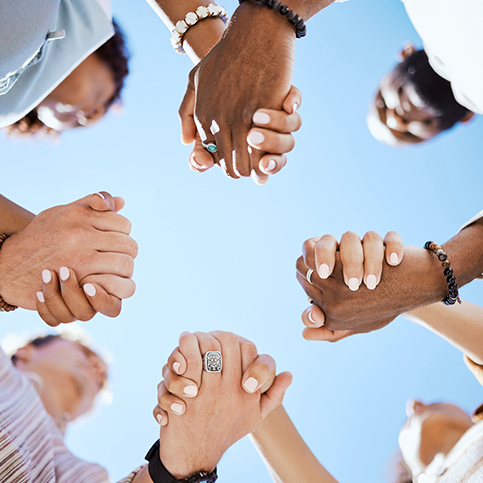
Peer Support & Respite Centers of Georgia:
Each of the five Peer Support and Respite Centers has respite rooms available to citizens of Georgia, available 24 hours a day, year-round. The three or four respite rooms at each Center are free of charge and can be occupied by a peer overwhelmed by life challenges who feels they would benefit from 24/7 peer support, for up to seven nights, every 30 days.
Learn more and find a location https://www.gmhcn.org/peer-support-wellness-respite.
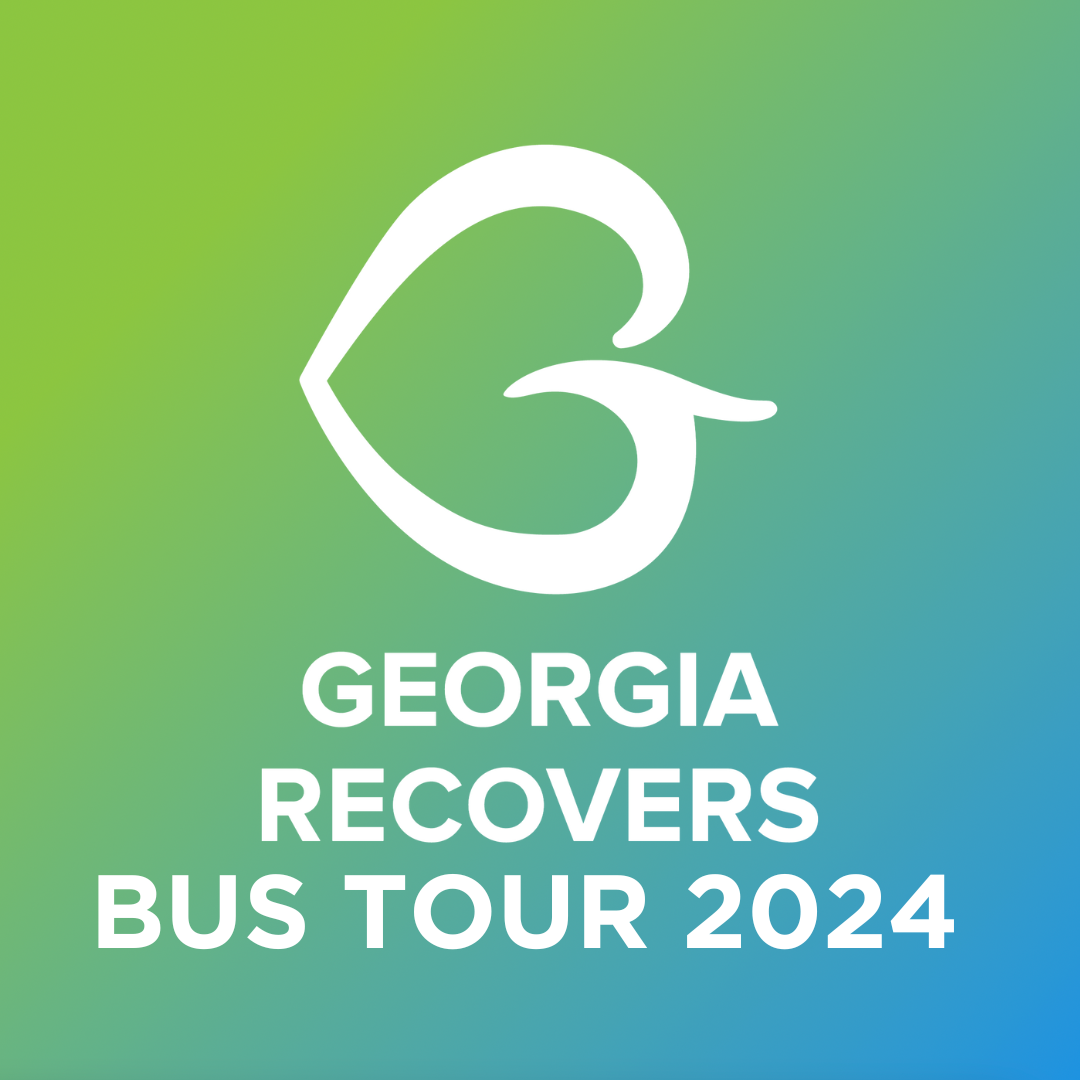
2025 Georgia Recovers Bus Tour - We are in the Community:
The number one cause of death in America, including Georgia,
for people 18 – 45 is overdose. The good news is that ‘Recovery is
Real’. There are over 900,000 people in communities across Georgia in
recovery from addiction. The Georgia Recovers Bus Tour will bring the hope and
joy of recovery to families across Georgia as it saves lives, restores
families, and strengthens communities,” said Jeff Breedlove, Strategic Policy
Advisor, The Georgia Council for Recovery.
“The Georgia Recovers Bus Tour is connecting
people and communities across Georgia. The opposite of addiction is connection.
This historic bus tour will break down the stigma surrounding addiction and
show that Georgia supports the people impacted by the Addiction Epidemic. When
Georgia comes together, we can build stronger families, a stronger workforce,
and stronger communities,” said Jon Langston, Tour Manager for The Georgia
Recovers Bus Tour.
See our schedule http://gc4recovery.org/garecovers-bus-tour-2024/.
Still Need Help?
If you need help navigating DBHDD’s system of services, or detailed information about resources in your community, please contact your regional field office.
What are Opioids?
Opioids are a class of drugs that are commonly used to
reduce pain. They include prescription medications as well as illegal drugs
like heroin. Opioids work by binding to receptors in the brain and body to
block pain signals and produce feelings of relaxation and euphoria.
While opioids can be very effective for managing severe
pain—especially after surgery or injury—they also carry a high risk of
misuse and addiction. Over time, a person may develop a tolerance, needing
more of the drug to achieve the same effect, which can lead to dependence and
potentially life-threatening overdose.
An important component in protecting your children, family, friends and community from the risk of Rx drug abuse is proper disposal.
Here are three ways that you can safely and securely dispose of your Rx and over the counter (OTC) drugs and at the same time protect your community, water supply and environment – and here’s a map of drop box locations around the state of Georgia.
Prescription Opioids
These are typically prescribed for pain relief:
Illegal Opioids
These are not prescribed and are often involved in misuse and overdose:
Recognizing Signs of Opioid Misuse
Opioid misuse can often be subtle at first, but recognizing the warning signs early can be critical in helping someone get the support they need. These signs can include changes in behavior, mood, and physical appearance, as well as social withdrawal or secretive actions. Understanding and identifying these symptoms can help prevent the situation from becoming more serious.
Common Signs of Opioid Misuse:
Fatal Opioid Overdoses are Preventable with Naloxone
If you or someone you know is actively using street or RX opioids and any other street drug, in recovery from opioids or any street drug, a sex worker, have a lowered tolerance to opioids from a period of not using drugs, on MAT, or a loved one of a person at risk, you can get a free naloxone kit while supplies last.
Request Naloxone Kit hereIf you do not match any of our high-risk descriptions, you can still purchase naloxone at Georgia pharmacies without a personal prescription.
Find out more about Opioid overdose prevention here:
opioid overdose prevention Learn now to administer NaloxoneIf you think you or a loved one may be misusing opioids, help is available.